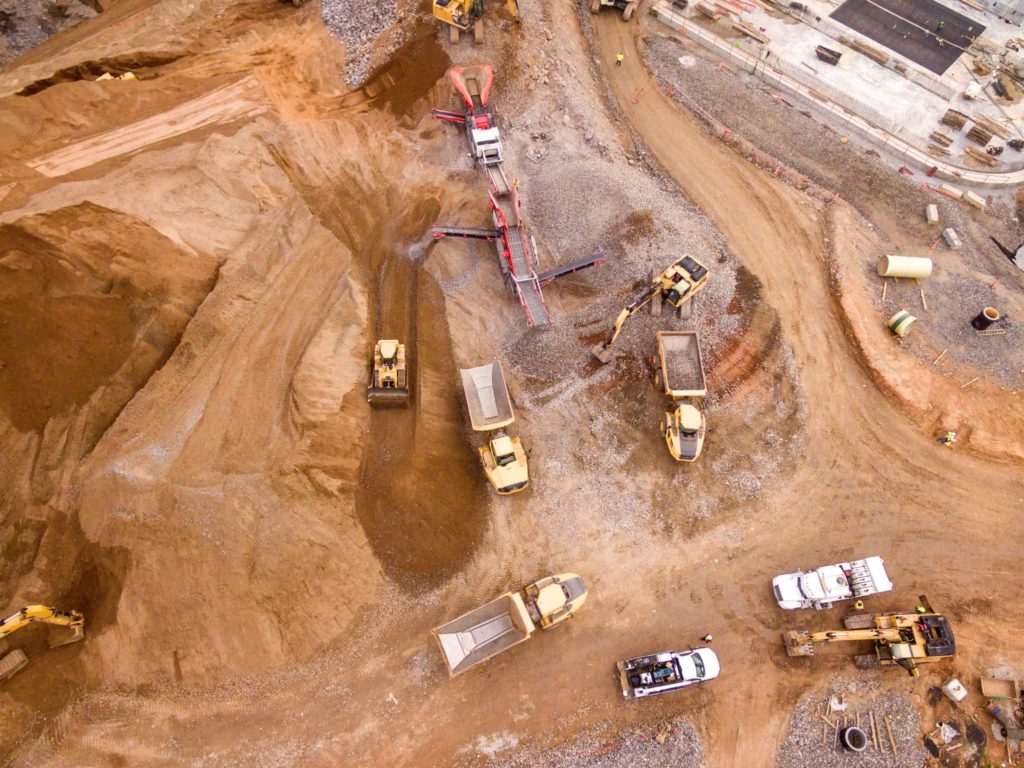Urban extensions and more garden villages need to be granted if the government is to achieve its ambitions of building 300,000 new homes a year, according to a new report.
Feeding the Pipeline looks at the practices of the nation’s ten largest housebuilders and argues 59,200 extra homes a year need to be built to hit this target by the mid-2020s.
Homes Builders Federation, HBF, planning director Andrew Whitaker said: “Building enough homes to match demand requires sufficient sites to be allocated applications to be processed efficiently to the point where construction can start.
“Far too many sites are stuck in the treacle of the planning process, delaying work starting, driving up costs and preventing desperately needed homes being delivered.”
Office of National Statistics figures published last week showed 216,490 new homes were built in 2020-21, down 11 per cent on 2019-20 reversing a seven-year trend of consecutive increases.
Report authors Lichfields estimate an extra 1,385 implementable planning permissions on medium to large sites, 50 to 250 homes, a year would be needed. This translates into each local council granting between four to five additional and new medium sites a year.
Extended outlet pipelines key to increasing outbuilds
The report said the sites would need to vary and would not be evenly spread across the country due to green belt restrictions. It argues housebuilders’ average 3.3-year pipeline of outlets, sites granted planning permission, needs to be extended if faster buildouts are to be achieved.
Brokers Hank Zarihs Associates said development finance lenders were keen to see a simpler and faster planning system to help smaller builders develop more sites.
Housing secretary Michael Gove has said he’s currently reviewing controversial algorithms identifying where housing need is most acute. The system was unpopular with Conservative backbenchers because it forecast more homes were needed in the home counties.
Mr Gove is revisiting the planning white paper published under his predecessor Robert Jenrick limiting local input on planning decisions.

